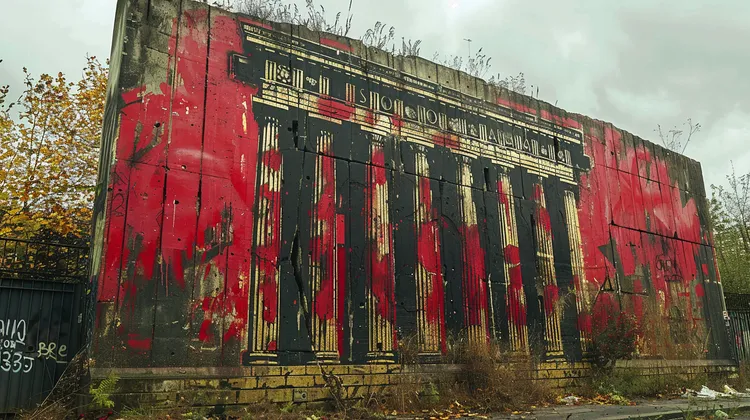
Project Agora: Exploring Asset Tokenization with BIS and 7 Central Banks
A group of central banks, including the Bank for International Settlements (BIS), the central banks of France, Japan, South Korea, Mexico, Switzerland, the United Kingdom, and the United States Federal Reserve Banks, have joined forces with private financial institutions to investigate the concept of asset tokenization within the monetary system. This joint effort, known as “Project Agora,” will focus on the development of a unified ledger that combines tokenized commercial bank deposits with tokenized wholesale central bank money. According to BIS, this initiative has the potential to enhance the functioning of the monetary system, provide new solutions using smart contracts and programmability, while still maintaining its two-tier structure.
The goal of the partnership is to address the structural inefficiencies that exist in the current payment systems, especially when it comes to cross-border transactions. These inefficiencies include different legal, regulatory, technical requirements, operating hours, and time zones. BIS plans to issue specific instructions and requirements for the project in the future, allowing private banks a grace period to sign up for the partnership.
Hyun Song Shin, BIS’ economic adviser and head of research, believes that tokenization combines the functionalities of a traditional database with the rules and logic governing transfers within a central bank framework. This approach provides a solid foundation for the integration of digital currencies into the existing financial system. Cecilia Skingsley, head of BIS Innovation Hub, envisions a “common payment infrastructure” that enables interoperability across various payment systems, accounting ledgers, and data registries.
BIS has shown a keen interest in recent innovations in the cryptocurrency space, particularly those related to financial centralization. In January, the BIS Innovation Hub initiated six new projects that explore issues such as cybersecurity, fighting financial crime, central bank digital currencies (CBDCs), and green finance. One of these projects, called Project Promise, is a collaboration between BIS, the Swiss National Bank, and the World Bank, aiming to create a proof-of-concept platform for tokenized promissory notes.
This joint effort between central banks and private financial institutions aims to revolutionize the monetary system by exploring the potential of asset tokenization. By leveraging smart contracts and programmability, the partners hope to overcome the inefficiencies and challenges associated with cross-border payments. As BIS continues to foster innovation in the cryptocurrency space, they are actively engaged in projects that explore various aspects of financial centralization and digital currencies.
8 thoughts on “Project Agora: Exploring Asset Tokenization with BIS and 7 Central Banks”
Leave a Reply
You must be logged in to post a comment.
Tokenization will only benefit big banks and leave smaller players struggling to adapt. It’s just another way to consolidate power.
A common payment infrastructure that enables interoperability? This will undoubtedly make transactions smoother and more efficient. Bravo, BIS! 👏💸
Tokenization will only lead to more complexity and confusion in the already convoluted financial system.
BIS is actively fostering innovation in the cryptocurrency space, and I’m loving every bit of it! Keep up the great work!
BIS is always at the forefront of innovation, and their interest in cryptocurrency advancements is impressive. Keep pushing the boundaries! 💡💎
I highly doubt this partnership will result in any meaningful change. It’s just a way for central banks to appear innovative without actually addressing the real issues.
This joint effort is just another step towards a cashless society where our every transaction is tracked and monitored.
Another attempt by central banks to maintain control and centralization. Tokenization won’t solve the fundamental issues of the monetary system.